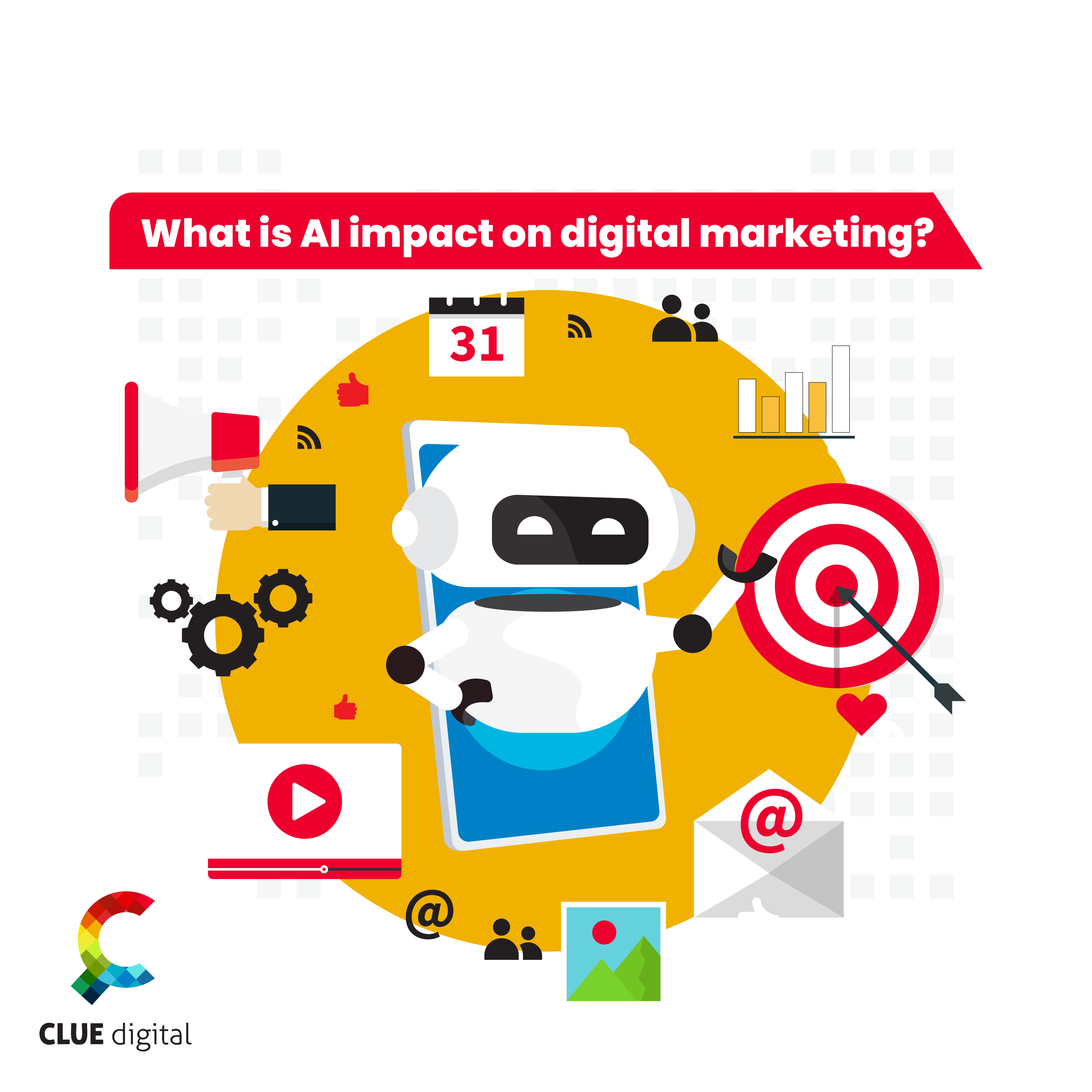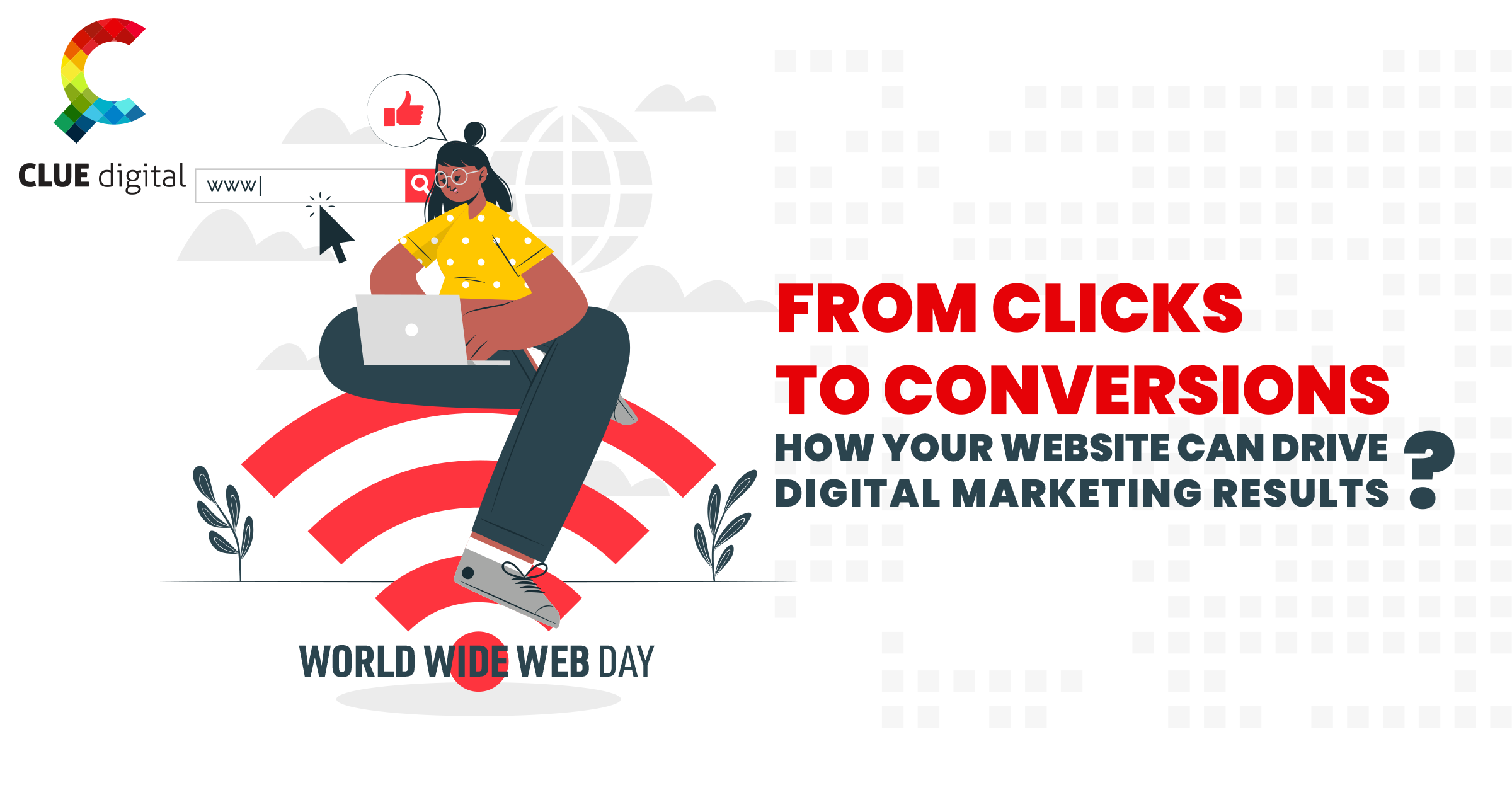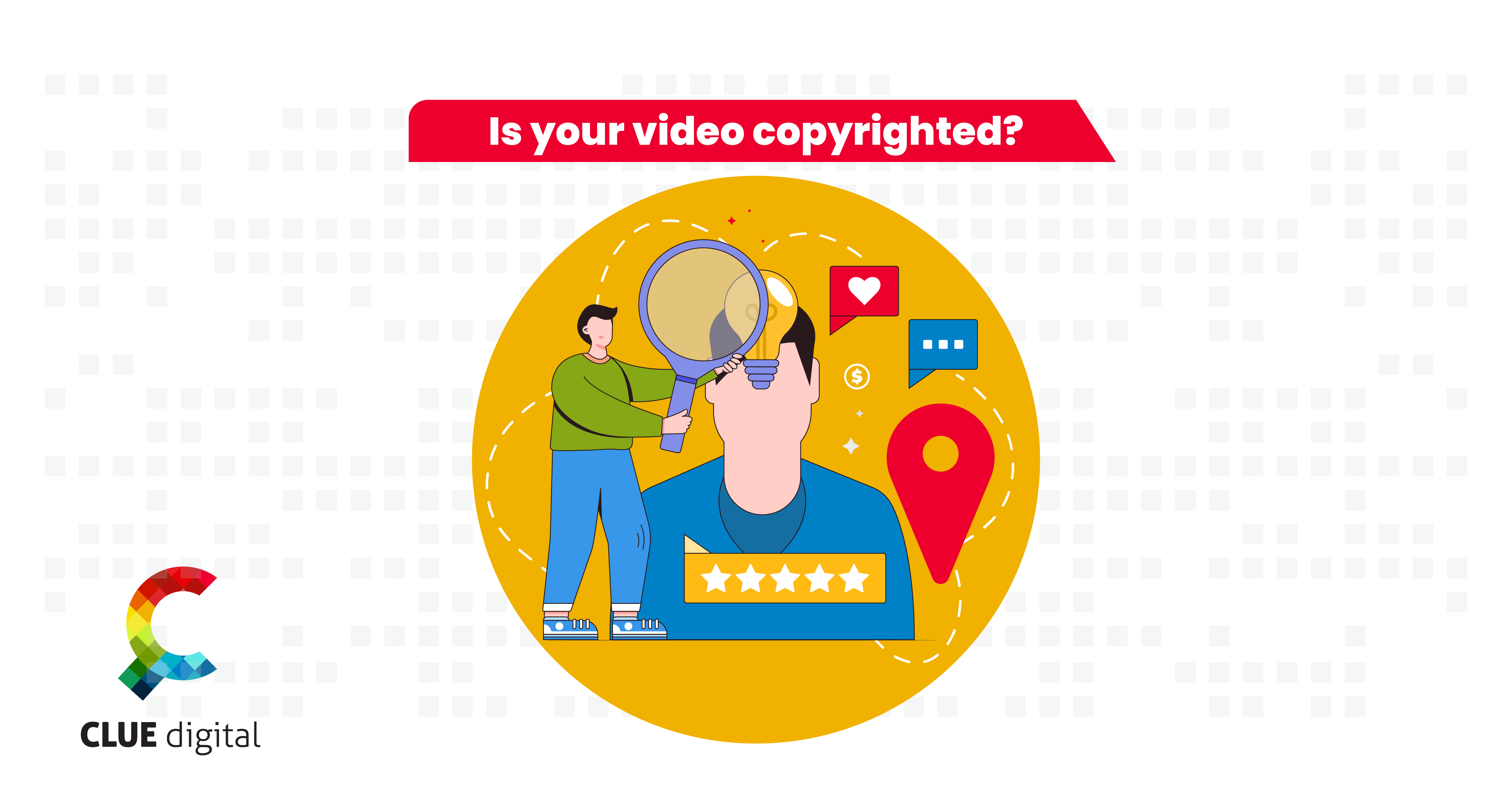
What is AI impact on digital marketing?
What is AI impact on digital marketing?
One way that AI is changing digital marketing is by automating tasks that were previously carried out by human workers. For example, AI can now be used to create targeted ads, write copy, and design websites. This automation can free up marketers’ time so that they can focus on other tasks.
AI is also changing the way marketers interact with customers. For instance, chatbots powered by AI are increasingly being used to provide customer support and answer questions. In the future, AI may also be used to carry out more sophisticated tasks such as identifying potential customers and understanding their needs.
Overall, AI is reshaping digital marketing in a number of ways. It is automating some tasks that were previously carried out by humans, it is changing the way marketers interact with customers, and it is providing new opportunities for targeting and personalization.
Challenges of Using AI in Digital Marketing
Digital marketing is becoming increasingly complex as technology advances. Artificial intelligence (AI) is one of the latest technologies to enter the digital marketing landscape, and it’s already beginning to have a profound impact.
However, AI is also introducing new challenges for digital marketers. Here are some of the biggest challenges of using AI in digital marketing:
1. Ensuring data quality and cleansing: In order for AI to be effective, it relies on high-quality data. This data can be difficult to come by, and it can be even more difficult to cleanse and prepare it for use in AI algorithms.
2. Getting buy-in from decision-makers: AI can be a tough sell to decision-makers who may not be familiar with the technology or its potential benefits. Marketers need to make a strong case for why AI is worth investing in.
3. Implementation and integration: Once AI is approved for use, there’s the challenge of actually implementing and integrating it into existing systems and workflows. This can be a complex and time-consuming process.
4. Managing expectations: It’s important to manage expectations around what AI can and cannot do. There’s a risk of overpromising and underdelivering if marketers get too carried away with the possibilities of AI
Conclusion
The digital marketing industry is changing rapidly, and it is largely due to the advancement of artificial intelligence. AI technologies have made it easier and faster for businesses to target their customers with tailored messaging in order to maximize sales. It has also improved traditional advertising models by providing more accurate insights into customer behavior patterns as well as streamlining processes such as content creation and optimization. As technology continues to evolve, so too will the marketing strategies of businesses that want to stay competitive within this quickly evolving landscape.
Article by Shahinaz Adel
Project manager at CLUE digital





